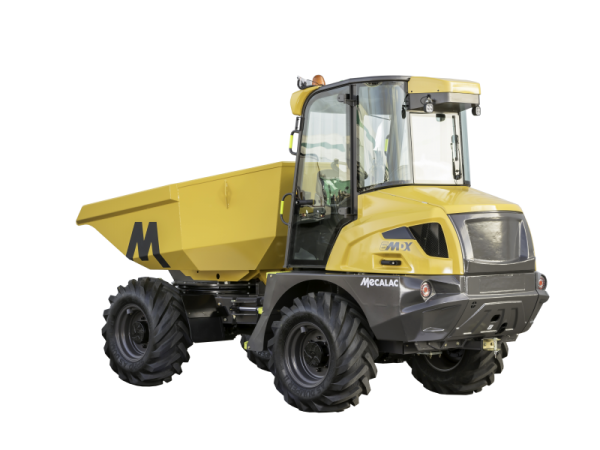


Tipper lorries are fascinating in that whilst they have such a simple purpose, the mechanics that make them work are impressively complex, and there is a wide diversity of models and designs to suit different types of work sites.
Tipper lorries and dump trucks need to work on the road to take waste to waste transfer centres and materials from the supplier to the site in question, but they also need to work in a range of off-road conditions, whilst retaining the stability to store huge amounts of bulk materials
The very first tipper lorry of any kind was a one-off special edition steam van made in the late 1890s, but it would take another forty years for the concept to finally go off-road, with the help of a company that would after a torrid history be known as Rokbak.
Long before their 2021 rebranding, however, they were the Euclid Crane and Hoist Company, founded in Cleveland, Ohio in 1909.
It would take them a few decades to find their feet in the construction vehicles industry however, although even as early as 1924 they had managed to innovate with the first automatic rotary scraping machine intended to make earthmoving far easier.
By 1931, the Euclid Road Machinery Company was born, and the first problem they set out to solve was the issue with tipper lorries in construction sites.
Previous dump trucks were designed to be used predominantly for waste disposal, and the very first was a motorised dust cart. This meant that they spent the majority of their time on town and city streets and didn’t need to worry about uneven and unstable terrain.
This was solved by the Euclid Model 1Z, which not only added higher profile, robust and tracked tyres intended to be grippy in muddy conditions but also had a wider bathtub-like rear bed, which was far easier to load for bulk materials purposes.
Euclid was bought by General Motors in 1953, renamed Terex, and changed ownership a few times before finally becoming part of the Volvo Group and settling on its current name, Rokbak.